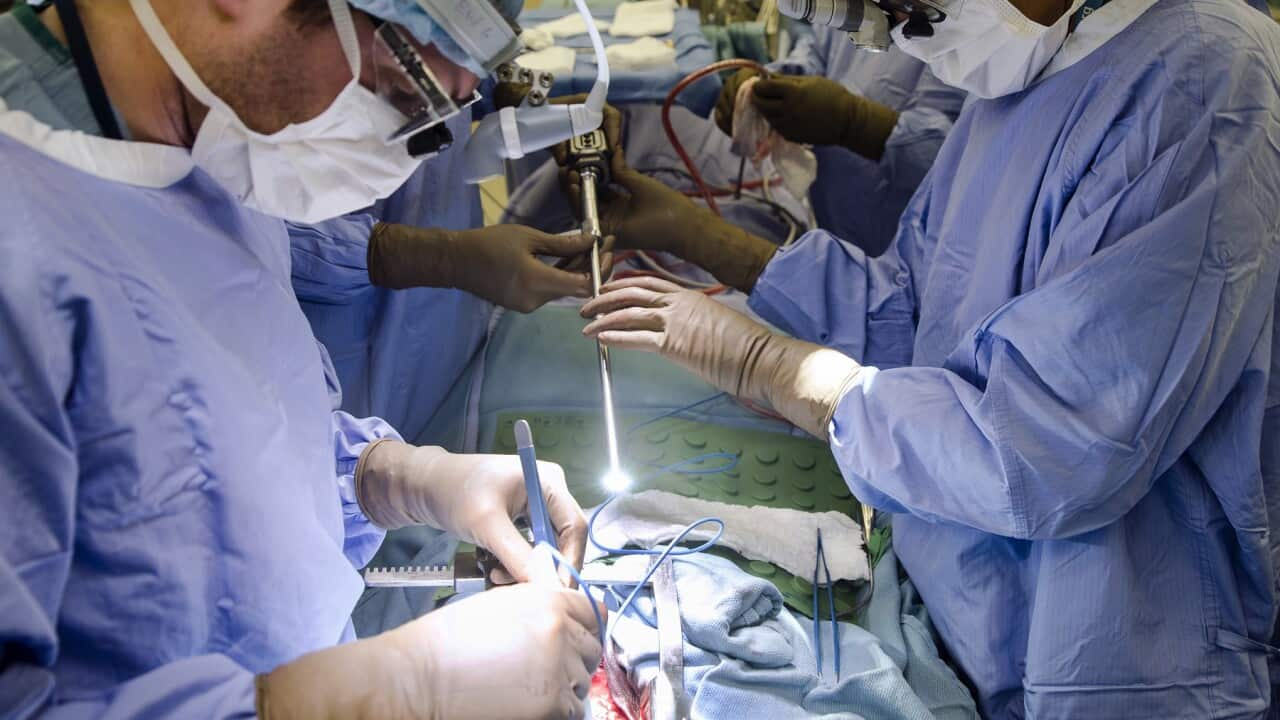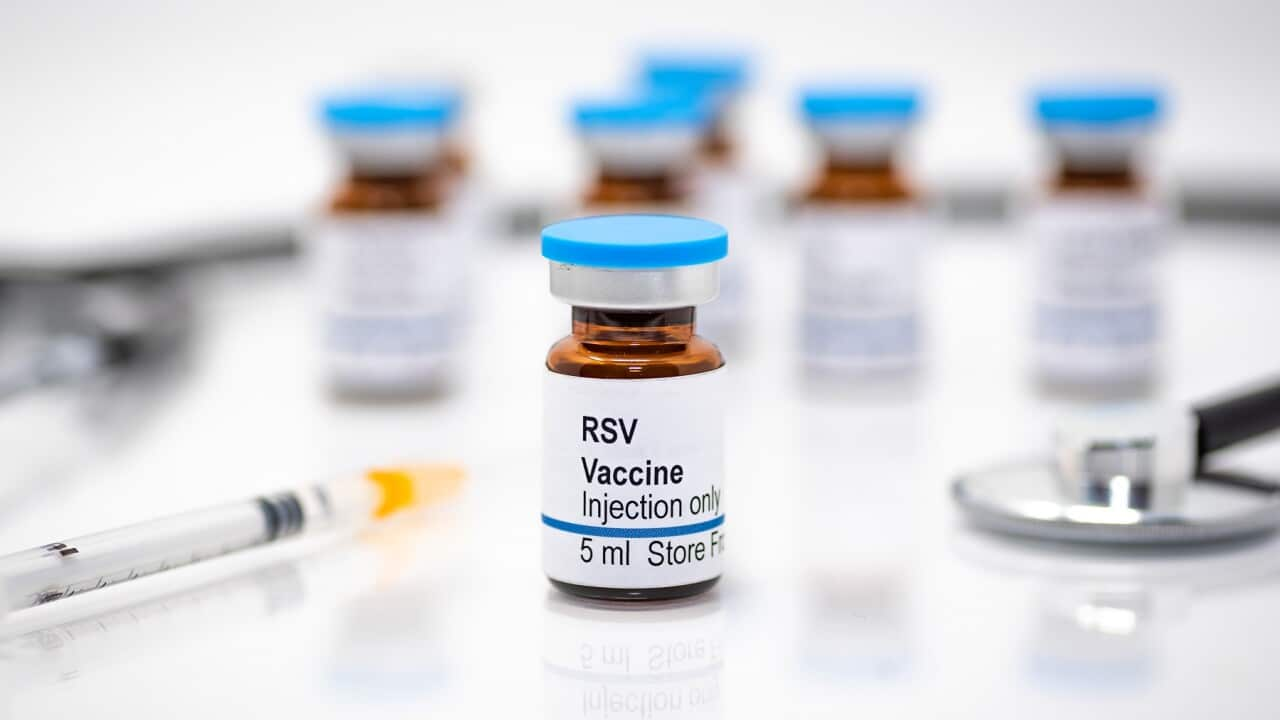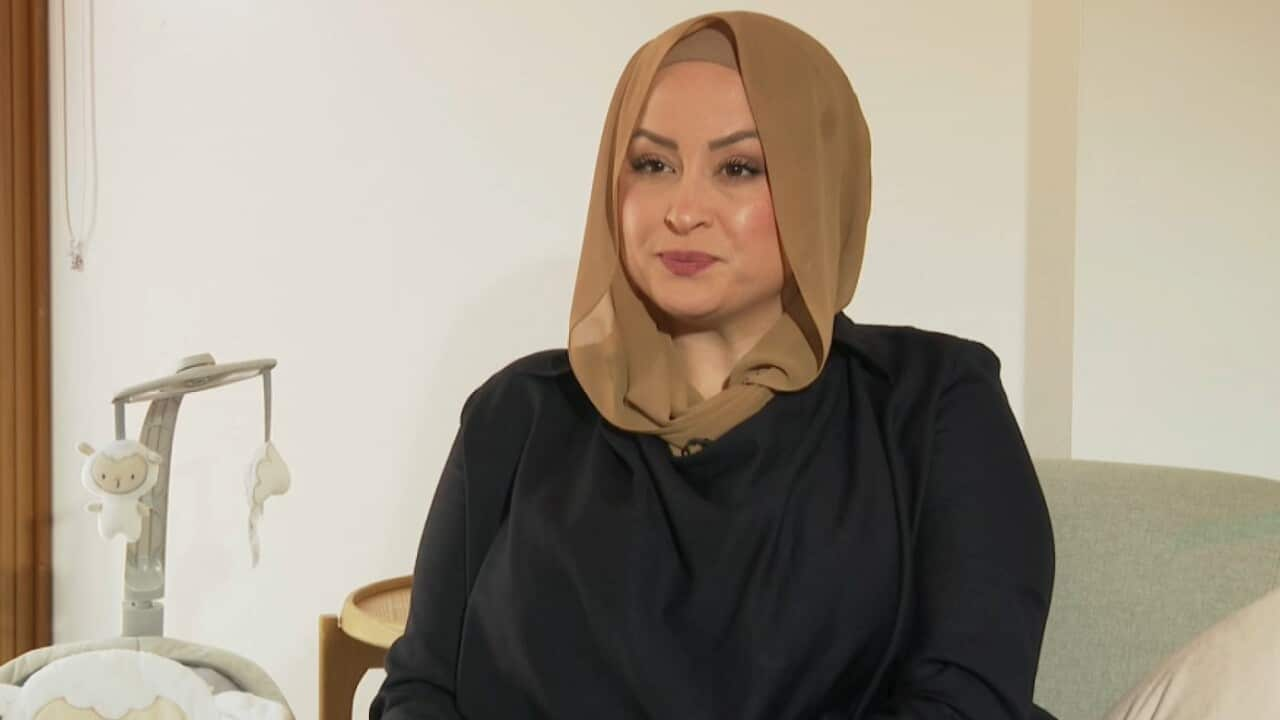Amelia Higgs knows the symptoms of ovarian cancer are easy to ignore.
She says at first she was unaware she had the disease.
"Twelve months ago, I started feeling some symptoms that felt a little bit unusual for me. The difficult thing about my condition is that the symptoms really mimicked other conditions or benign situations including things like PMS. So it wasn't really until my symptoms got quite bad that I decided to go and see the GP about it."
Test results revealed cysts on her ovaries, and within weeks she was in surgery to have them removed.
The surgery revealed the cysts were benign but could have developed into cancer.
Amelia says the process was difficult.
"I lost my ability to have biological children, and that was something that I had been hoping to do up until that point in time. So there has been a grieving process that has come along with that for both me and my partner. I still have the ability to carry a pregnancy because I still have a uterus, so I can explore the option of using a donor egg or alternatively we could look at surrogacy or adoption. It's really been... I guess a dificult twelve months."
Around 18-hundred women are expected to be diagnosed with ovarian cancer this year, while around a thousand women will die from the disease.
The five year survival rate is 49 per cent, compared to 92 per cent for breast cancer.
But Amelia is among the nine in 10 women who have surgery for ovarian cancer - and don't have the disease.
Now a new blood test that can detect its biomarkers is bringing hope for change.
Dr Andrew Stephens is from the Hudson Institute of Medical Research.
"The testing that's been rolled out is in three stages. The first test that we have is a triage test which is designed to determine whether a patient with an abnormal mass on the ovary is likely to have a cancer or a non cancerous condition. That's quite important because the treatment that is required in each case is quite different , but at the moment we don't have any way to determine we don't have anyway to determine that before surgery is done."
Dr Stephens says the hope is that the new testing will pick up the disease more effectively in its early stages, as well as avoiding unnecessary surgery.
"The idea there is that routine screening, very similar to what we do with pap smears or mammograms can be used to pick up early stage ovarian cancers at a point where we know that treatment is far more effective."
For Amelia, she's just grateful research is being done to help combat the disease.
"I'm really excited for the other people who are going to be able to benefit from the test when it becomes available. There is a part of me that does feel, I suppose, a little bit sad that it's not something that was available for me."
The new blood test is expected to be available in two years, while it could be used in screening programs in four to five years.













